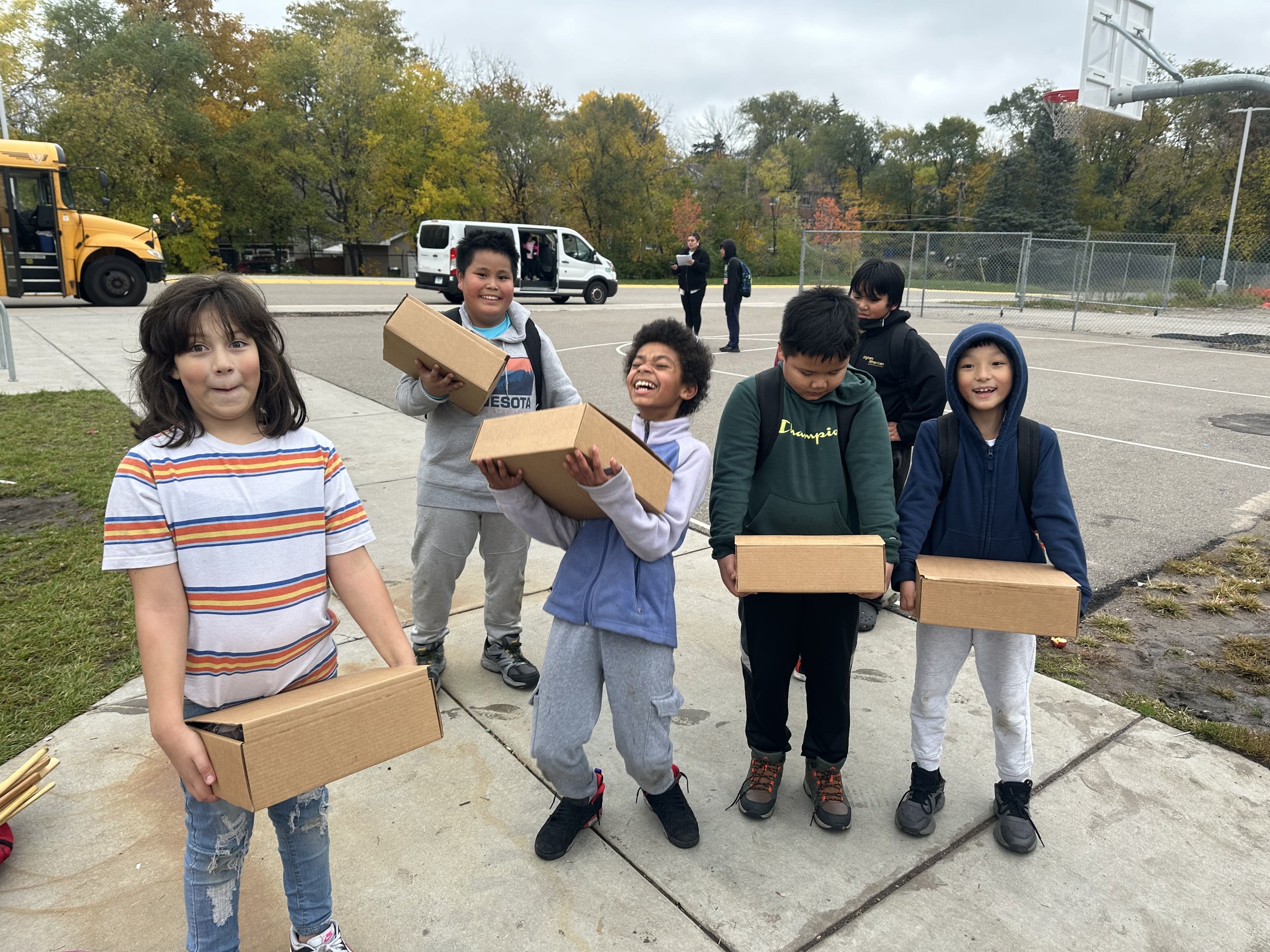
Project 3:
BRAID:
Urban American Indian Youth Cardiovascular Disease Prevention: Implementation of Culturally-Tailored Evidence-Based After School and Home Visitation Programs for Healthy Eating and Physical Activity
Despite decades of research, Urban Native American communities have not benefited as much as their counterparts in other communities from evidence based interventions (EBIs) designed to address cardiovascular disease, obesity, and hypertension.
Indigenous health promotion aligns EBIs with the broader context of cultural and community assets such as indigenous knowledge (IK) and orientations towards sovereignty and self-determination, as well as a recognition of structural contexts, including historical trauma, land access, material resources, and disproportionate risks of violence and pollution.
BRAID assesses facilitators and barriers to implementing an innovative after school health promotion program that builds on cultural knowledge and community relationships to connect youth to health through cultural lifeways, land stewardship practices, traditional foods and games (ie, wooden stick lacrosse), and other activities that improve their holistic wellbeing.
Project BRAID is hosted in both the Twin Cities and Duluth, Minnesota.
Project BRAID aims to:
Define systemic facilitators and barriers to the uptake of BRAID and support implementation to strengthen program uptake.
Understand implementation outcomes based on RE-AIM metrics in relation to the organization and systems’ experiences with facilitators and barriers.
Understand the ways that BRAID supports student connection and reconnection to health and health identity via land, culture, knowledge, and practices.
Community Partners in this work include but are not limited to:
Twin Cities Native Lacrosse
Minnesota Public School Districts
St. Paul Public Schools
Minneapolis Public Schools
Duluth Public Schools
Check out the gallery below from Project BRAID 2023 - 2024 Programming.











